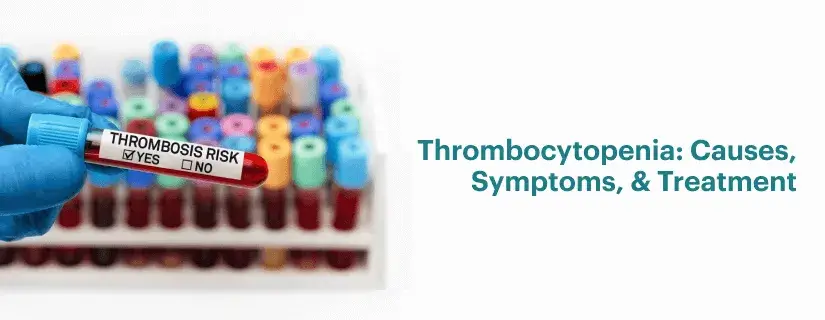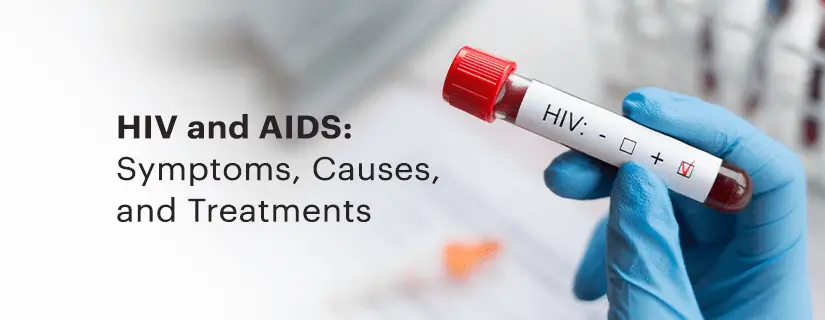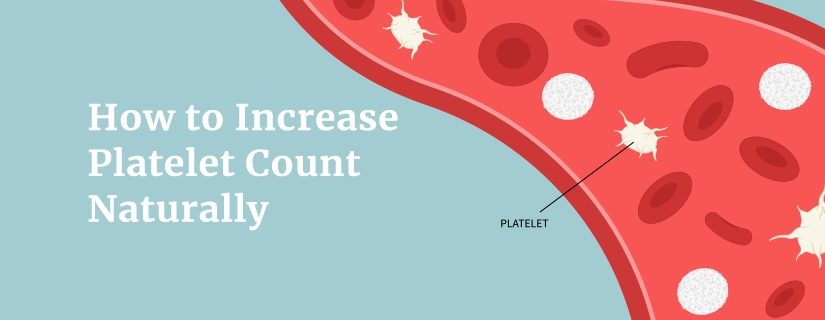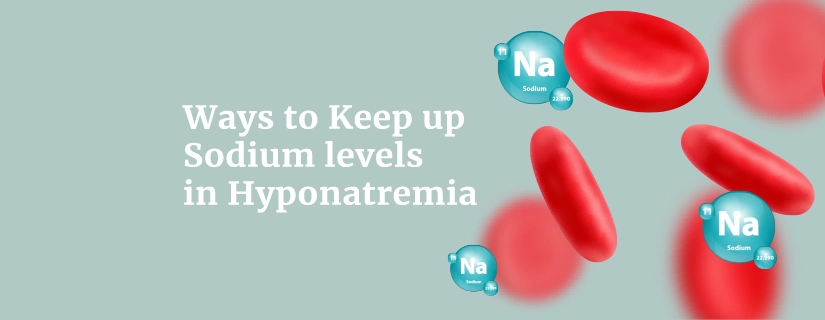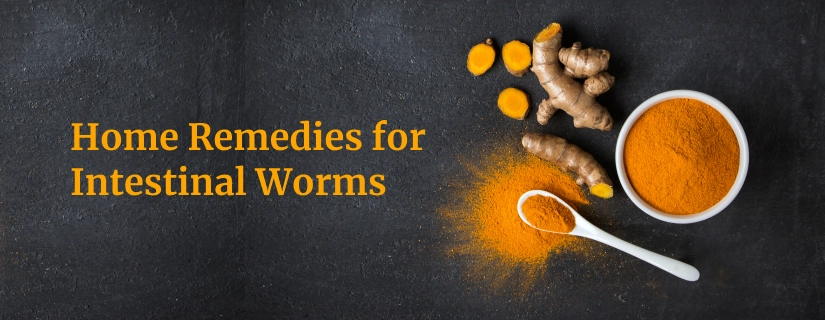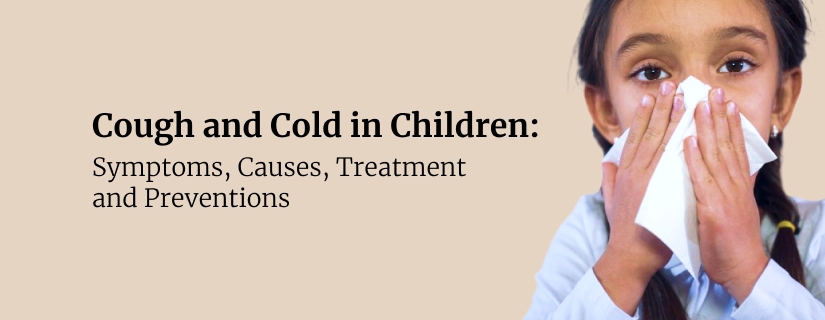-
Doctors
-
Specialities & Treatments
Centre of Excellence
Specialties
Treatments and Procedures
Hospitals & Directions HyderabadCARE Hospitals, Banjara Hills CARE Outpatient Centre, Banjara Hills CARE Hospitals, HITEC City CARE Hospitals, Nampally Gurunanak CARE Hospitals, Musheerabad CARE Hospitals Outpatient Centre, HITEC City CARE Hospitals, Malakpet
HyderabadCARE Hospitals, Banjara Hills CARE Outpatient Centre, Banjara Hills CARE Hospitals, HITEC City CARE Hospitals, Nampally Gurunanak CARE Hospitals, Musheerabad CARE Hospitals Outpatient Centre, HITEC City CARE Hospitals, Malakpet Raipur
Raipur
 Bhubaneswar
Bhubaneswar Visakhapatnam
Visakhapatnam
 Nagpur
Nagpur
 Indore
Indore
 Chh. Sambhajinagar
Chh. SambhajinagarClinics & Medical Centers
Book an AppointmentContact Us
Online Lab Reports
Book an Appointment
Consult Super-Specialist Doctors at CARE Hospitals
How to Increase White Blood Cell Count
Updated on 31 July 2023

Table of Content
White blood cells (WBCs) also known as leukocytes play a vital role in defending our bodies against infections and diseases. If your white blood cell count is low, it may weaken your immune system and make you more susceptible to illnesses. Fortunately, there are several natural and lifestyle interventions you can adopt to increase your white blood cell count and enhance your immune system. Let us understand how we can increase the count of our soldiers who form the most important part of our body’s defence mechanism. In this article, we will explore effective strategies to boost your white blood cell count and strengthen your overall immunity.
What is White Blood Cell (WBC) Count?
White blood cell count (WBC) refers to the number of white blood cells present in a specific volume of blood. White blood cells are a crucial component of the immune system and play a vital role in defending the body against infections, diseases, and foreign substances. They help identify and destroy pathogens, produce antibodies, and regulate immune responses. Monitoring the WBC count is important in diagnosing and monitoring various medical conditions, such as infections, autoimmune diseases, allergies, and certain types of cancers. A normal WBC count typically ranges between 4,500 and 11,000 WBC per microliter of blood, although the specific range may vary depending on the laboratory and individual factors.
Types of White Blood Cells
There are several types of white blood cells, each with its own unique functions and roles in the immune system. The main types of white blood cells include:
- Neutrophils: Neutrophils are the most abundant type of white blood cells. They are responsible for combating bacterial infections by engulfing and destroying bacteria.
- Lymphocytes: Lymphocytes include B cells, T cells, and natural killer (NK) cells. B cells produce antibodies to neutralize pathogens, while T cells play a role in cell-mediated immunity, targeting infected cells and coordinating immune responses. NK cells are responsible for identifying and killing virus-infected cells and cancer cells.
- Monocytes: Monocytes are large white blood cells that can differentiate into macrophages or dendritic cells. Macrophages engulf and destroy pathogens, cellular debris, and dead cells. Dendritic cells present antigens to activate other immune cells.
- Eosinophils: Eosinophils play a role in allergic reactions and defense against parasitic infections. They release toxic substances to destroy parasites and modulate inflammation.
- Basophils: Basophils are involved in allergic responses and the release of histamine, which contributes to inflammation and allergic symptoms.
These different types of white blood cells work together to protect the body against infections and maintain a balanced immune response.
What Causes Low White Blood Cell Count?
A low white blood cell count, known as leukopenia, can be caused by various factors, including:
- Bone Marrow Disorders: Conditions that affect the bone marrow, such as leukemia, aplastic anemia, myelodysplastic syndrome (MDS), and certain cancers, can result in decreased production of white blood cells.
- Infections: Some viral infections, like HIV, hepatitis, and certain types of influenza, can suppress the bone marrow and lead to low white blood cell counts.
- Autoimmune Disorders: Autoimmune conditions like lupus, rheumatoid arthritis, and systemic lupus erythematosus (SLE) can cause the immune system to attack and destroy white blood cells.
- Medications: Certain medications, such as chemotherapy drugs, antibiotics (like penicillin and sulfonamides), and anticonvulsants, may temporarily lower white blood cell counts as a side effect.
- Nutritional Deficiencies: Deficiencies in essential nutrients like vitamin B12, folate, or copper can affect the production of white blood cells
- Radiation Therapy: Radiation treatment, often used in cancer therapy, can damage the bone marrow and decrease white blood cell production.
- Inherited Disorders: Rare genetic disorders, such as cyclic neutropenia and Kostmann syndrome, can cause recurring episodes of low white blood cell counts.
- Severe Infections or Sepsis: Severe infections or sepsis, which is a life-threatening response to infection, can lead to a decrease in white blood cell count.
Functions of White Blood Cells
White blood cells (WBCs) function to defend the body against infections and maintain overall health:
- Phagocytosis: Neutrophils and monocytes engulf and digest pathogens, removing them.
- Antibody Production: B cells produce antibodies that target and neutralize specific pathogens.
- Cellular Immunity: T cells directly attack infected cells, preventing infection spread.
- Inflammatory Response: WBCs trigger inflammation, recruiting more immune cells to infection sites for healing.
- Immune Surveillance: Constantly patrolling, WBCs identify and respond to abnormalities like cancer.
- Allergic Response: Eosinophils combat parasites and contribute to allergic reactions.
- Histamine Release: Basophils release histamine, inducing inflammation and allergic reactions.
Symptoms of Low White Blood Cells
Low WBC counts don't always cause symptoms, but they make you prone to infections. Therefore, you might have
6 Ways to Increase White Blood Cell Count
To naturally increase white blood cell count, there are several lifestyle and dietary measures you can take. Here are some strategies and their specific requirements:
Adequate Sleep: Ensure you get sufficient sleep of around 7-8 hours per night to support immune function and white blood cell production.
Balanced Diet: Consume a well-rounded diet that includes immune-boosting foods like fruits, vegetables, whole grains, lean proteins, and healthy fats. Specific nutrients important for white blood cell production include:
- Vitamin C: Found in citrus fruits, berries, bell peppers, and leafy greens. Aim for 75-90mg daily.
- Vitamin E: Found in nuts, seeds, spinach, and broccoli. Aim for 15mg daily.
- Zinc: Found in shellfish, lean meats, legumes, and seeds. Aim for 8-11mg daily.
- Selenium: Found in Brazil nuts, seafood, and whole grains. Aim for 55-70mcg daily.
- Iron: Found in red meat, poultry, seafood, legumes, and leafy greens. Aim for recommended daily intake based on gender and age.
Regular Exercise: Engage in moderate exercise for at least 30 minutes most days of the week. It helps stimulate blood circulation and immune system activity.
Stress Management: Practice stress-reducing techniques like meditation, deep breathing exercises, yoga, or engaging in hobbies you enjoy.
Herbal Remedies: Some herbs and essential oils, such as lavender, may have immune-boosting properties. The lavender essential oil can be diffused or diluted in a carrier oil and applied topically. Consult an aromatherapist or herbalist for specific guidance on usage and frequency.
Probiotics: Consume foods rich in probiotics like yogurt, kefir, sauerkraut, and kimchi, or consider taking a probiotic supplement to support a healthy gut microbiome and immune function.
It's important to note that while these measures can support overall health and immune function, they may not be sufficient for significant increases in white blood cell count. If you have a persistent low white blood cell count or concerns about your immune health, consult with a healthcare professional for a proper evaluation and appropriate medical advice.
Risks associated with low WBCs
Low white blood cell (WBC) counts, also known as leukopenia, can increase the risk of infections and other health problems due to the body's decreased ability to fight off pathogens. Here are some risks associated with low WBCs:
1.Increased Vulnerability to Infections: White blood cells are crucial for fighting off infections. When their numbers are low, our body's ability to combat bacteria, viruses, and fungi decreases, making us more susceptible to infections like pneumonia, urinary tract infections, and skin infections.
2.Delayed Healing: White blood cells play a role in the body's healing process, including wound repair. With low white blood cell counts, wounds may take longer to heal, leaving us more vulnerable to complications.
3. Risk of Sepsis: Sepsis occurs when the body's response to an infection causes widespread inflammation and organ dysfunction. Low white blood cell counts can increase the risk of developing sepsis, a life-threatening condition, as the body struggles to mount an effective immune response.
4. Complications from Medical Treatments: Low white blood cell counts can occur as a side effect of certain medical treatments, such as chemotherapy. This increases the risk of developing infections and other complications during treatment.
5. Susceptibility to Opportunistic Infections: Individuals with low white blood cell counts are more prone to opportunistic infections caused by pathogens that typically do not affect people with healthy immune systems. These infections can be severe and difficult to treat.
6. Fever of Unknown Origin (FUO): A low white blood cell count may contribute to unexplained fevers, indicating an underlying infection or medical condition that requires further investigation and management.
7. Potential Blood Disorders: Low white blood cell counts can sometimes be a symptom of underlying blood disorders, such as aplastic anemia or myelodysplastic syndromes. These conditions can lead to complications such as anemia, bleeding disorders, and an increased risk of leukemia.
Dietary changes to boost WBC
Boosting white blood cell (WBC) count through dietary changes involves incorporating nutrient-rich foods that support immune function. Here are some dietary recommendations to help increase WBC levels:
1. Eat a Balanced Diet: Consume a variety of nutrient-dense foods to provide essential vitamins and minerals necessary for optimal immune function.
2. Include Protein-Rich Foods: Protein is vital for the production and function of white blood cells. Incorporate lean sources of protein such as poultry, fish, eggs, legumes, and tofu into your meals.
3. Focus on Colorful Fruits and Vegetables: Colorful fruits and vegetables are rich in antioxidants, vitamins, and minerals that support immune health. Include a variety of produce such as berries, citrus fruits, leafy greens, bell peppers, and carrots in your diet.
4. Add Garlic and Onions: Garlic and onions contain compounds with antimicrobial properties that may help support immune function and increase WBC production.
5. Include Zinc-Rich Foods: Zinc is essential for immune cell function and proliferation. Include zinc-rich foods such as shellfish, lean meats, nuts, seeds, and whole grains in your diet.
6. Consume Omega-3 Fatty Acids: Omega-3 fatty acids have anti-inflammatory properties and may help enhance immune function. Include sources of omega-3s such as fatty fish (salmon, mackerel, sardines), flaxseeds, chia seeds, and walnuts in your diet.
7. Incorporate Probiotic Foods: Probiotics help maintain a healthy balance of gut bacteria, which is essential for immune function. Include fermented foods such as yogurt, kefir, sauerkraut, and kimchi in your diet.
8. Stay Hydrated: Drink plenty of water throughout the day to stay hydrated. Proper hydration supports overall health and may help optimize immune function.
9.Limit Sugar and Processed Foods: Excessive consumption of sugar and processed foods can weaken the immune system and negatively impact WBC production. Limit intake of sugary snacks, sodas, and processed foods.
10. Moderate Alcohol Consumption: Excessive alcohol consumption can suppress immune function. Limit alcohol intake to support optimal immune health.
Conclusion
Increasing your white blood cell count is crucial for maintaining a robust immune system and protecting your body against infections and diseases. By adopting a nutrient-rich diet, getting sufficient sleep, managing stress levels, engaging in regular exercise, and avoiding harmful habits, you can effectively boost your white blood cell count and enhance your overall immunity. Remember to consult a healthcare professional for personalized advice and guidance. You can fix up an appointment with a medical practitioner at www.carehospitals.com to address your concerns.
FAQs
1. What is the high count of WBC?
A high count of white blood cells, known as leukocytosis, refers to an elevated number of white blood cells in the bloodstream. The specific range considered as a high count can vary depending on factors such as age, sex, and individual health conditions. However, in general, a total white blood cell count above 11,000 white blood cells per microliter of blood is typically considered high.
2. What is an alarming WBC Count?
An alarming white blood cell (WBC) count refers to a significantly high or low count that may indicate a serious underlying health condition or an emergency situation. The specific range considered alarming can vary depending on the laboratory reference ranges and individual factors. However, generally, a WBC count above 30,000 white blood cells per microliter of blood or below 4,000 white blood cells per microliter of blood can be considered alarming.
3. Can Medicine Increase White Blood Cells?
Yes, certain medications can help increase white blood cell (WBC) count in specific situations. Here are a few examples:
- Granulocyte Colony-Stimulating Factors (G-CSF): G-CSF medications, such as filgrastim and pegfilgrastim, are synthetic versions of a natural protein that stimulates the production of white blood cells, particularly neutrophils. They are often used in cancer patients undergoing chemotherapy or individuals with certain bone marrow disorders to boost WBC count and reduce the risk of infection.
- Immunomodulatory Drugs: Medications like lenalidomide and pomalidomide, which have immunomodulatory properties, can help increase white blood cell count, particularly lymphocytes, in individuals with certain types of cancers or conditions like multiple myeloma.
- Steroids: In some cases, corticosteroids may be used to increase white blood cell count by suppressing inflammation and modulating the immune response. However, steroid use should be carefully monitored and managed due to potential side effects.
These medicines are taken only when prescribed by a doctor after thoroughly evaluating your condition.
4. Can stress reduction techniques, like meditation, improve white blood cell count?
Yes, managing stress through techniques like meditation, deep breathing, and yoga may positively influence white blood cell count and overall immune function.
5. Are there specific foods that help increase white blood cell count?
Yes, foods rich in nutrients like vitamin C (citrus fruits, bell peppers), vitamin E (nuts, seeds), zinc (lean meats, seafood), and beta-carotene (carrots, sweet potatoes) can support white blood cell production.

ENQUIRY FORM
SELECT CATEGORIES
-
Neurosciences (16)
-
Neurology (37)
-
Neurosurgery (14)
-
Orthopaedics (48)
-
Oncology (33)
-
Obstetrics and gynecology (51)
-
Pulmonology (23)
-
Urology (20)
-
Nephrology (13)
-
Psychiatry (7)
-
Dietetics and Nutrition (111)
-
General Medicine (63)
-
Cardiac Sciences (30)
-
Vascular & Endovascular Surgery and Interventional Radiology (10)
-
Gastroenterology (46)
-
Endocrinology (23)
-
Plastic Surgery (10)
-
Critical Care Medicine (5)
-
COVID-19 (16)
-
Dermatology (16)
-
Emergency Care (1)
-
Ophthalmology (4)
-
Pediatrics (14)
-
Laparoscopic and Bariatric Surgery (8)
-
ENT (15)
-
Kidney Transplant (1)
-
Liver Transplantation and Hepatobiliary Surgery (5)
-
General Surgery (3)
-
Internal Medicine (5)
-
Medicine Information
How to Manage Low Blood Pressure with Diet?
Can You Overdose on Vitamins: Everthing You Need To Know
YOU MAY ALSO LIKE
RECENT BLOGS
-

Direct Anterior Approach in Total Hip Replacement: Advantages and Challenges
10 April 2025
Read More
-

Zinc Deficiency: Signs and Symptoms, Causes, Treatment
9 April 2025
Read More
-

Chest Pain When Coughing: Causes, Treatment and Home Remedies
9 April 2025
Read More
-

12 Health Benefits of Eating Mushrooms
8 April 2025
Read More
-

7 Health Benefits of Blood Donation You Should Know About
8 April 2025
Read More
-

Implantation Bleeding Vs Periods: Know the Difference
28 February 2025
Read More
-

Bloating During Ovulation: Symptoms, Causes and Remedies
28 February 2025
Read More
-

Itching During Dengue: Causes, Treatment and Home Remedies
18 February 2025
Read More
Have a Question?
If you cannot find answers to your queries, please fill out the enquiry form or call the number below. We will contact you shortly.





















